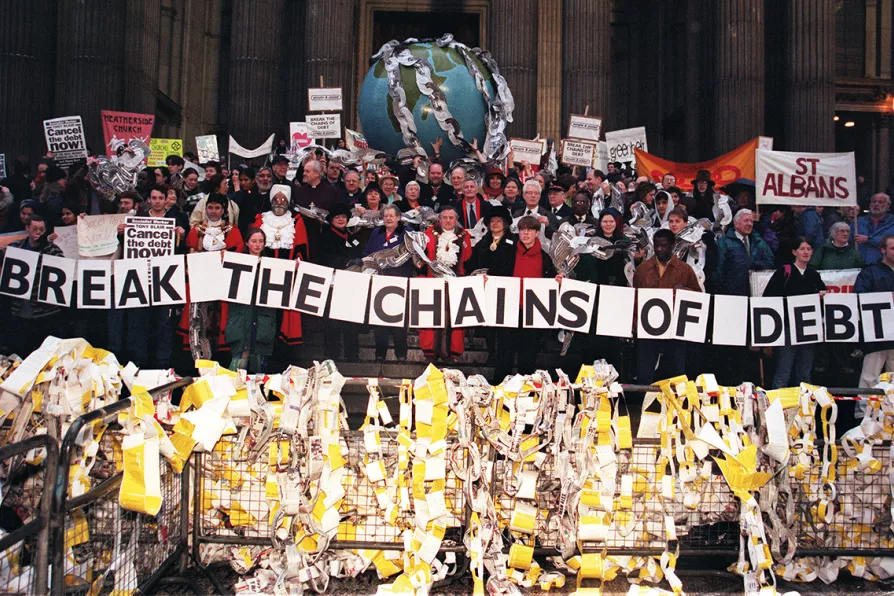In reopening relations with China, the PM showed an uncharacteristic grasp of power, proportion and Britain’s diminished place in the world – a lesson many in Westminster still refuse to learn, says ANDREW MURRAY


DEPENDENCY theory emerged in the 1960s and ’70s as a Marxist critique of the ideology of “modernisation” which argued that “poor” countries could “develop” by following the same path as ”wealthy” capitalist states.
Over a century-and-a-half ago, Marx and Engels declared in The Communist Manifesto that “The bourgeoisie […] has made barbarian and semi-barbarian countries dependent on the civilised ones, nations of peasants on nations of bourgeois, the East on the West.”
In his 1867 preface to Volume one of Capital, Marx wrote: “The country that is more developed industrially only shows, to the less developed, the image of its own future.”

From hunting rare pamphlets at book sales to online panels and courses on trade unionism and class politics, the MML continues connecting archive treasures with the movements fighting for a better world, writes director MEIRIAN JUMP














